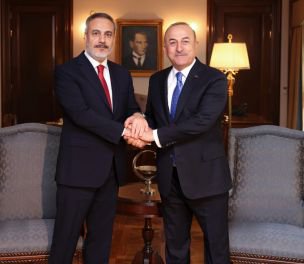Photos: AA
After securing victory in the presidential runoff vote on May 28, President Recep Tayyip Erdoğan unveiled Turkey's new cabinet lineup late Saturday.
The new cabinet demonstrates substantial changes, with 16 out of the previous 18 ministers being replaced, alongside the appointment of a new deputy president.
Notably, the 16 ministers who have been replaced were elected as members of parliament in the parliamentary election on May 14. Two ministers, responsible for culture and tourism and health, have retained their positions.
One noteworthy aspect of the cabinet reshuffle is the notable increase in the number of bureaucrats assuming ministerial roles, marking a shift away from "career politicians."
Interior Ministry
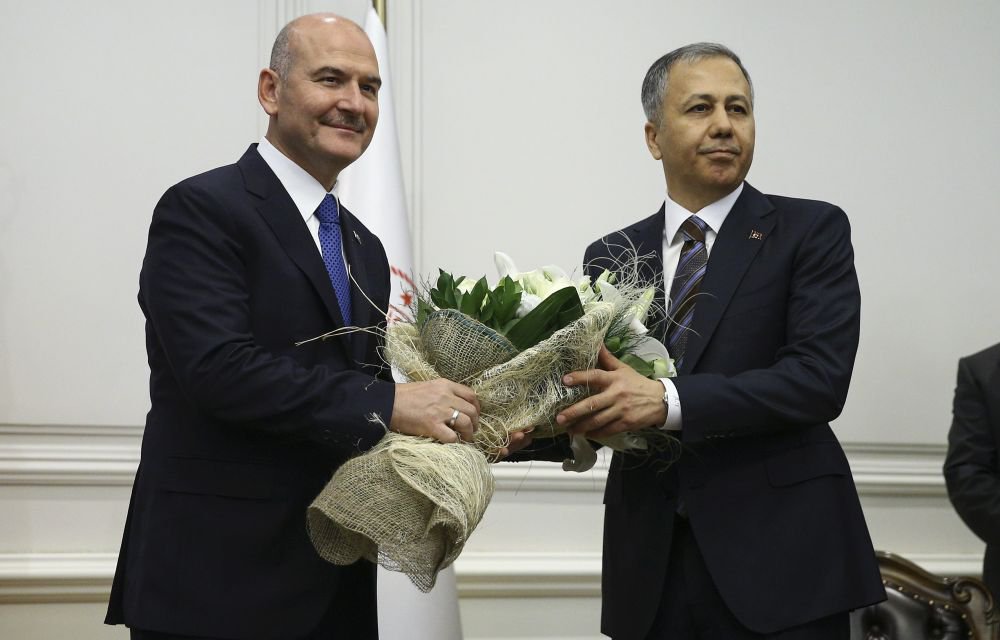 Soylu and Yerlikaya
Soylu and Yerlikaya
Süleyman Soylu, a prominent and controversial figure within the ruling bloc, did not secure a position in the new cabinet, contrary to widespread expectations of his continuation as the interior minister.
Ali Yerlikaya, the governor of İstanbul, has been appointed as the new interior minister. During the period of 2015-2018, when Turkey witnessed several attacks by ISIS, Yerlikaya served as the governor of Gaziantep, known as the organization's central hub for sleeper cells in Turkey.
Yerlikaya's tenure as the governor of İstanbul coincided with an increase in police crackdowns on women's rights activists, the LGBTI+ community, and human rights advocates.
However, Yerlikaya, who is perceived by some as a comparatively moderate figure, emphasized during the transition ceremony that "our guiding principles are law and human rights."
Foreign Ministry and intelligence
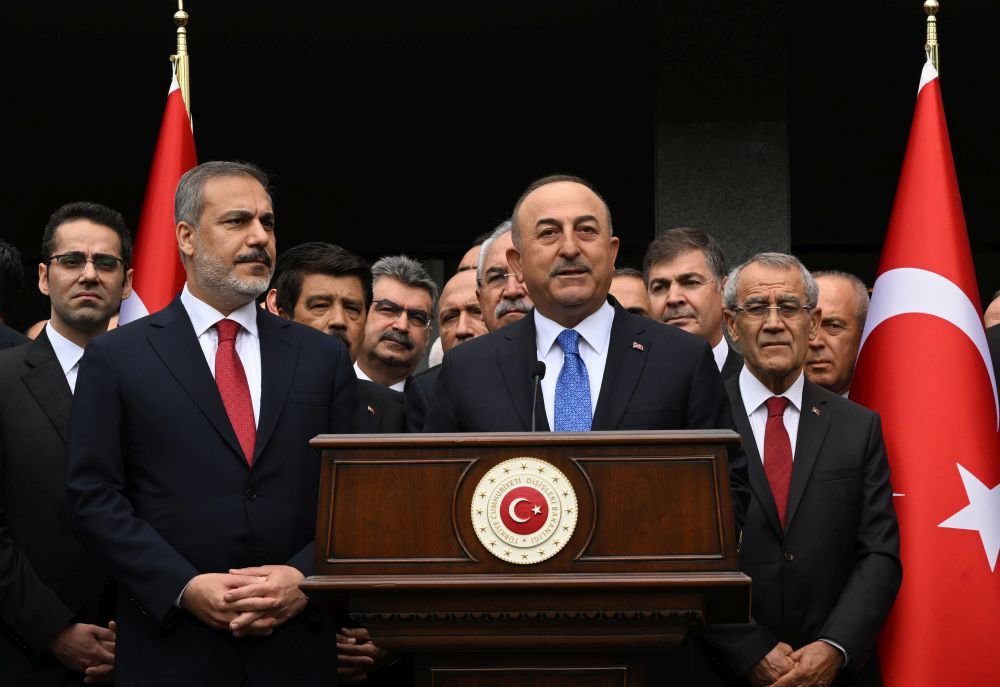 Çavuşoğlu speaking at the transition ceremony alongside Fidan.
Çavuşoğlu speaking at the transition ceremony alongside Fidan.
Hakan Fidan, who has been leading the National Intelligence Organization (MİT) since 2010, has assumed the role of minister of foreign affairs.
Since assuming the role of intelligence chief, Fidan has played a pivotal role in significant national developments. These include the "resolution process" for the Kurdish question, which involved talks between Kurdistan Workers' Party (PKK) leaders and MİT officials in Oslo, subsequently revealed to the public when reports from the discussions were leaked to the press in 2011.
When summoned by prosecutors as a suspect in a PKK-related investigation in 2012, then-Prime Minister Erdoğan staunchly defended Fidan, stating, "He is my secret-keeper. The secret-keeper of the Republic of Turkey."
In recent years, Turkey has relied on intelligence agencies to establish preliminary contacts before engaging in diplomatic initiatives to repair strained relations with countries like Syria and Egypt.
Mevlüt Çavuşoğlu, who has served as the Minister of Foreign Affairs since November 2015, making him the longest-serving official in this position, will now continue his political career as a member of parliament.
The appointment of İbrahim Kalın, who has been the presidential spokesperson since 2014 and also serves as Erdoğan's chief foreign policy advisor, is expected to fill the vacancy left by Fidan.
Defense Ministry

General Yaşar Güler has been appointed as the defense minister, marking the second consecutive appointment of a former chief of the General Staff to this role. Hulusi Akar, Güler's predecessor, had also held the position of Chief of the General Staff from 2015 to 2018.
During the infamous Roboski Massacre in 2011, in which 34 individuals involved in smuggling between Şırnak and the Kurdistan region of Iraq were bombed by planes, Yaşar Güler served as the head of intelligence at the General Staff. Additionally, he was taken to the Akıncı Air Base, along with Hulusi Akar, during the attempted coup in July 2016, where they were detained by soldiers.
Ministry of Treasury and Finance
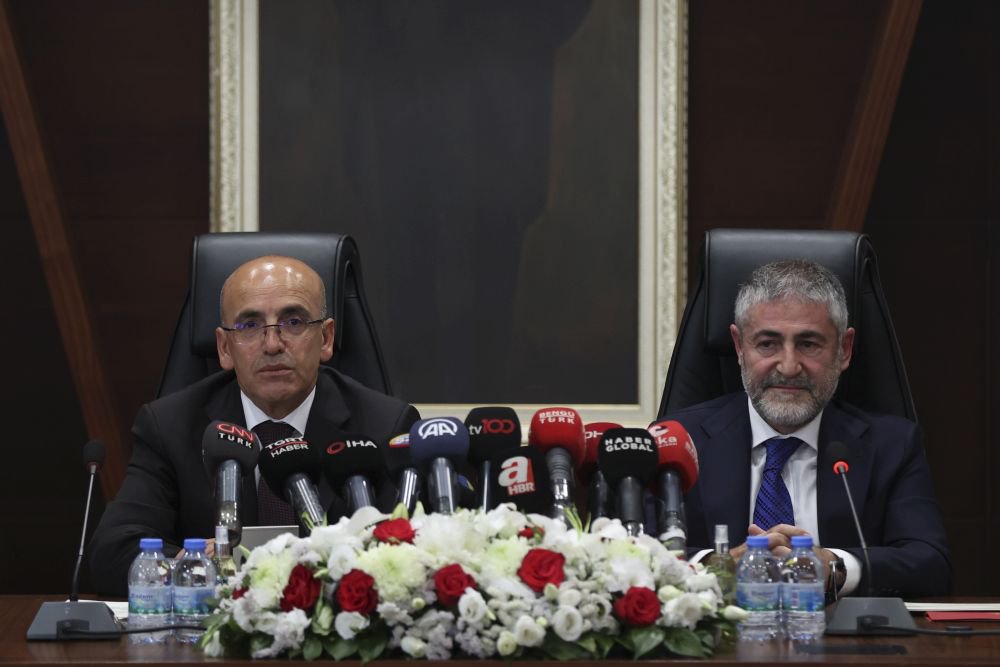
Another notable change in the cabinet is the replacement of Nureddin Nebati with Mehmet Şimşek. This shift has been interpreted as a signal of a return to orthodox economic policies. Known for his proximity to international finance circles, Şimşek emphasized during the transition ceremony that "there is no alternative but to return to a rational economic ground." Nebati, on the other hand, was known as an advocate for Erdoğan's "low interest-low inflation" policy.
The only woman in the cabinet
Mahinur Özdemir-Göktaş has been appointed as the family and social services minister, becoming the only woman member in the cabinet.
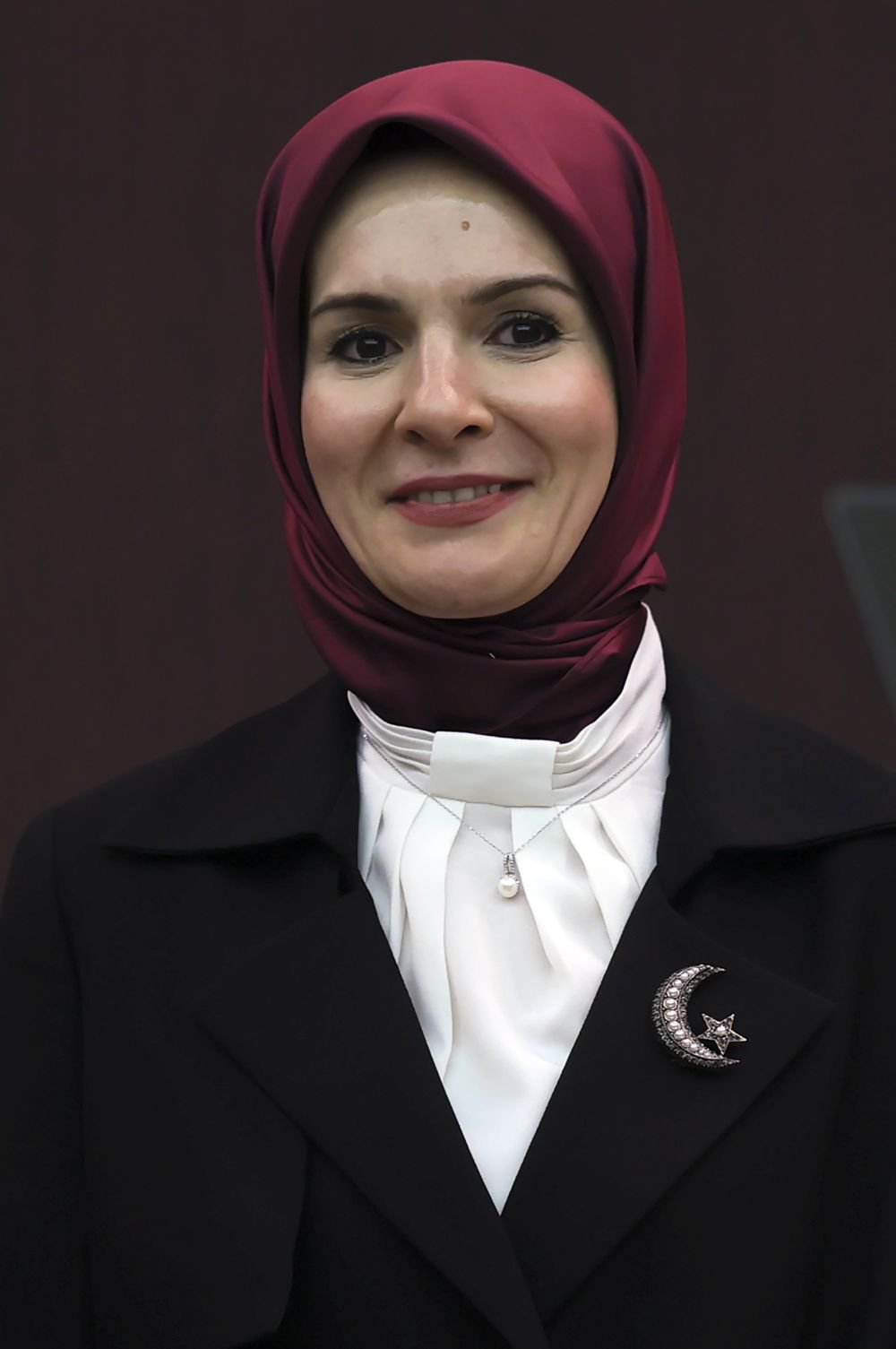
Born in Belgium, Özdemir-Göktaş was elected as a member of parliament from the Humanist Democratic Centre (CDH) in 2009 and 2014. She was dismissed from the party in 2015 due to her denial of the Armenian Genocide, and served as an independent MP until 2019.
After completing her term in the Belgian Parliament, Özdemir-Göktaş was appointed as Turkey's ambassador to Algeria by the President in 2020. The 41-year-old politician is also the youngest member of the cabinet.
List of the cabinet members:
- Justice Minister: Yılmaz Tunç
- Family and Social Services Minister: Mahinur Özdemir Göktaş
- Labor and Social Security Minister: Vedat Işıkhan
- Environment, Urbanization, and Climate Change Minister: Mehmet Özhaseki
- Foreign Minister: Hakan Fidan
- Energy and Natural Resources Minister: Alparslan Bayraktar
- Youth and Sports Minister: Osman Aşkın Bak
- Treasury and Finance Minister: Mehmet Şimşek
- Interior Minister: Ali Yerlikaya
- Culture and Tourism Minister: Mehmet Nuri Ersoy
- National Education Minister: Yusuf Tekin
- National Defense Minister: Yaşar Güler
- Health Minister: Fahrettin Koca
- Industry and Technology Minister: Mehmet Fatih Kacır
- Agriculture and Forestry Minister: İbrahim Yumaklı
- Trade Minister: Ömer Bolat
- Transport and Infrastructure Minister: Abdulkadir Uraloğlu
(VK)




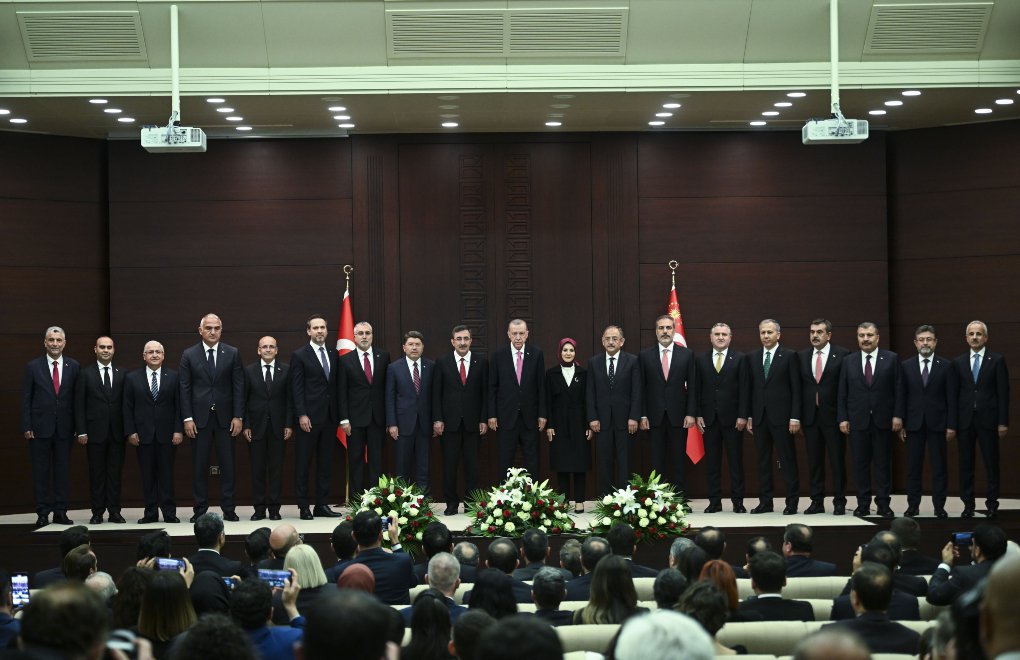
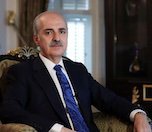
.jpg)
